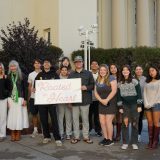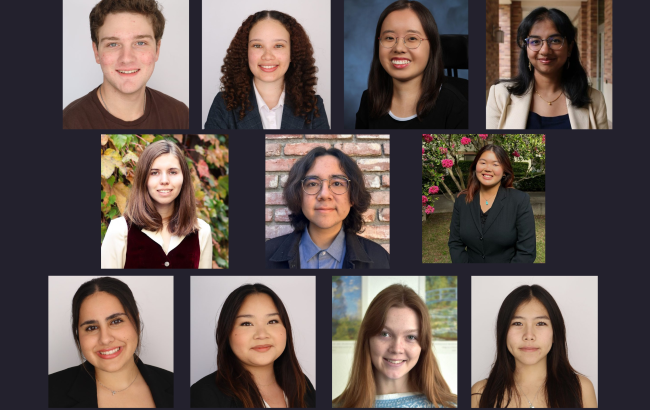
Wilkinson Interterm Research Experience (WIRE) Program: Empowering Student Innovation
December 2, 2024
Wilkinson College of Arts, Humanities, and Social Sciences is pleased to announce our inaugural Wilkinson Interterm Research Experience (WIRE) program fellows. WIRE empowers students to design and complete meaningful research and creative projects in the arts, humanities, and social sciences, guided by experienced faculty mentors. This unique program provides students with the opportunity to delve into complex research and creative topics and contributes to their intellectual and professional development. WIRE fellows are required to work on their projects throughout interterm, attend weekly professional development workshops, and present their findings to the faculty at the conclusion of interterm.
“Student interest in WIRE exceeded expectations in our pilot year, which was thrilling to see. The projects selected for funding all demonstrate how the arts, humanities, and social sciences are critical to driving positive change and advancing knowledge. We look forward to expanding the program to support innovation and professionalization of this generation of scholars, artists, and leaders.” – Dean Jennifer D. Keene
Here are summaries of the funded projects for Interterm 2025:
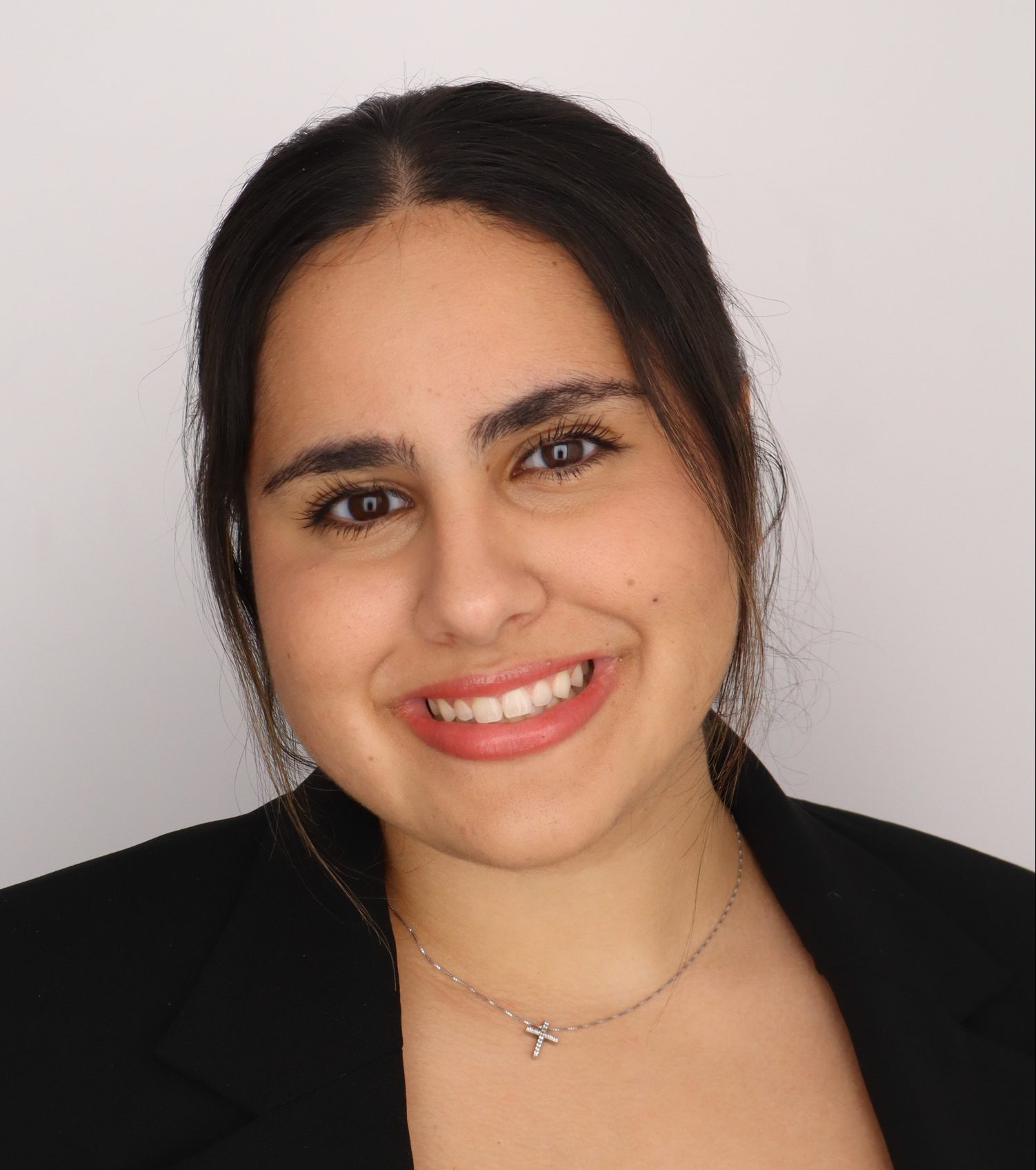
Anastasia Athanasiadi
Perceptions of Gender Equality in the Workplace Across Arab Countries
WIRE Student Fellow: Anastasia Athanasiadi (’25 Political Science, Economics)
Faculty Mentor: Dr. Hannah Ridge (Political Science)
Anastasia Athanasiadi’s project aims to compare how men and women perceive gender equality in the workplace across different Arab countries. By analyzing data from the 2022 Arab Barometer survey, this research will uncover the factors that promote or hinder gender equality and examine related attitudes, beliefs, and cultural norms. The study will provide insights into the diverse cultural and historical contexts that shape gender dynamics in the Middle East.
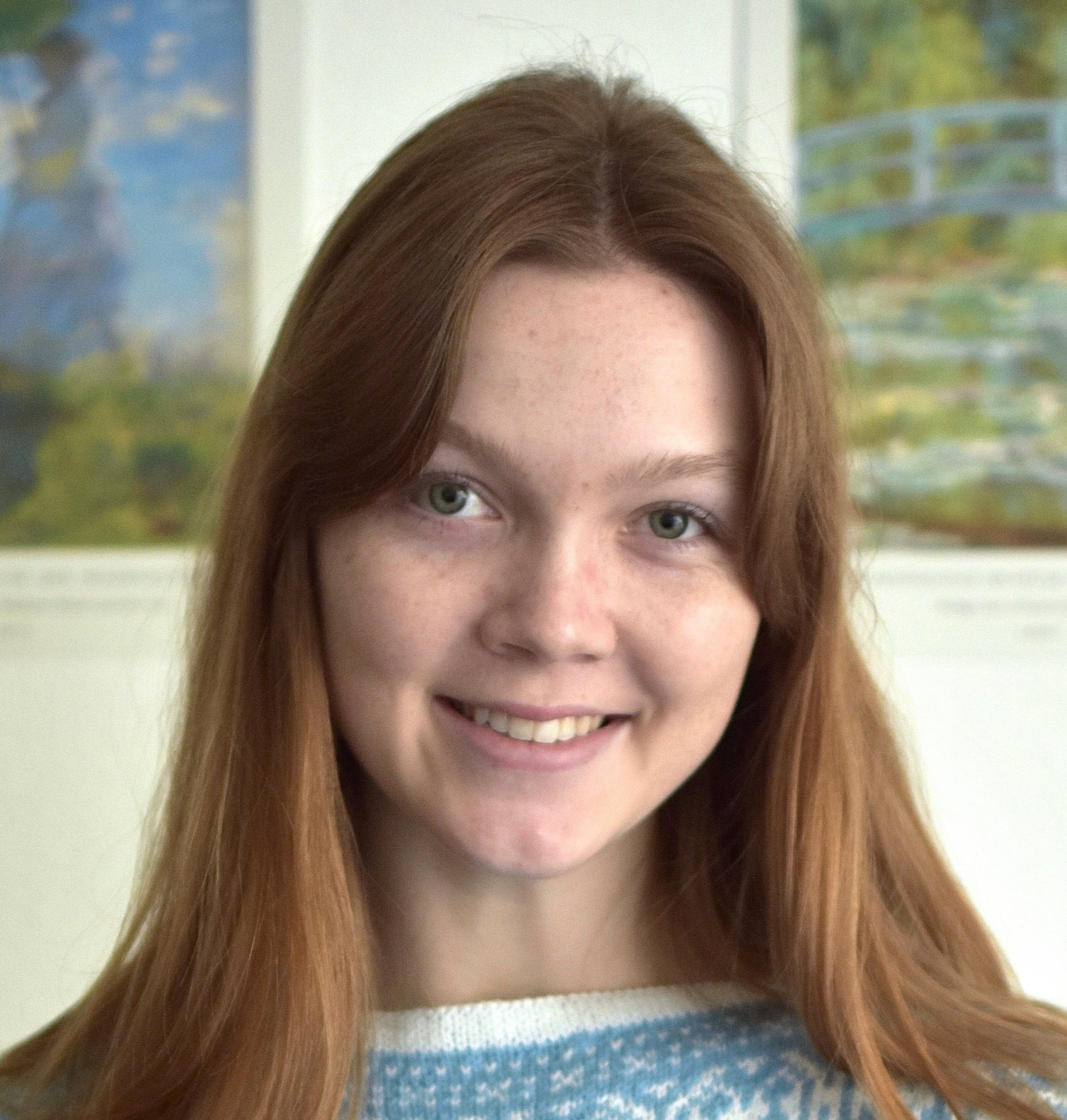
Janine Avery
19th Century Garment Construction: Cultural, Environmental, Sociological, and Practical Applications of Studying Historical Garments and Textiles
WIRE Student Fellow: Janine Avery (’26 Art)
Faculty Mentor: Dr. Wendy Salmond (Art)
Janine Avery’s project explores the cultural, environmental, and practical implications of studying historical garments and textiles. By creating a full 19th-century garment from sustainably and ethically sourced materials, Janine aims to compare the quality, durability, and functionality of historical clothing with modern-day garments. This research will highlight the benefits of traditional clothing practices and address issues of overconsumption and unsustainable fashion.
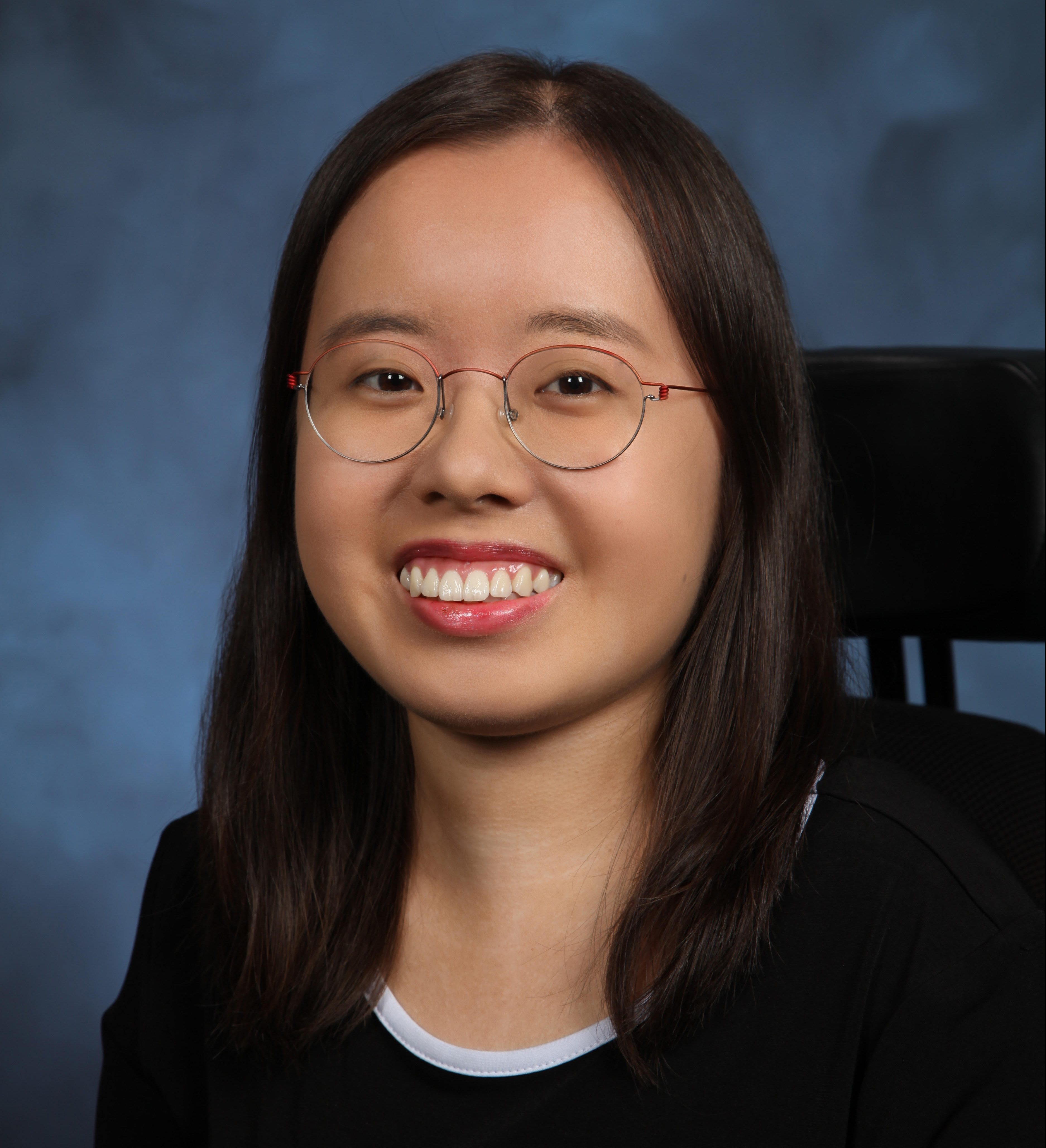
Rachael Bae
Disability: The Biblical Perspective
WIRE Student Fellow: Rachael Bae (’26 English, Secondary Education minor)
Faculty Mentor: Dr. Brian Glaser (English)
Rachael Bae’s research addresses the often-overlooked concept of disability within the Christian Church. By examining Biblical texts and relevant scholarly works, this project aims to present a comprehensive understanding of the Christian perspective on disability. Rachael’s work will clear misconceptions, provide comfort and clarity to Christians with disabilities, and offer a defense for the Biblical stance on disability.
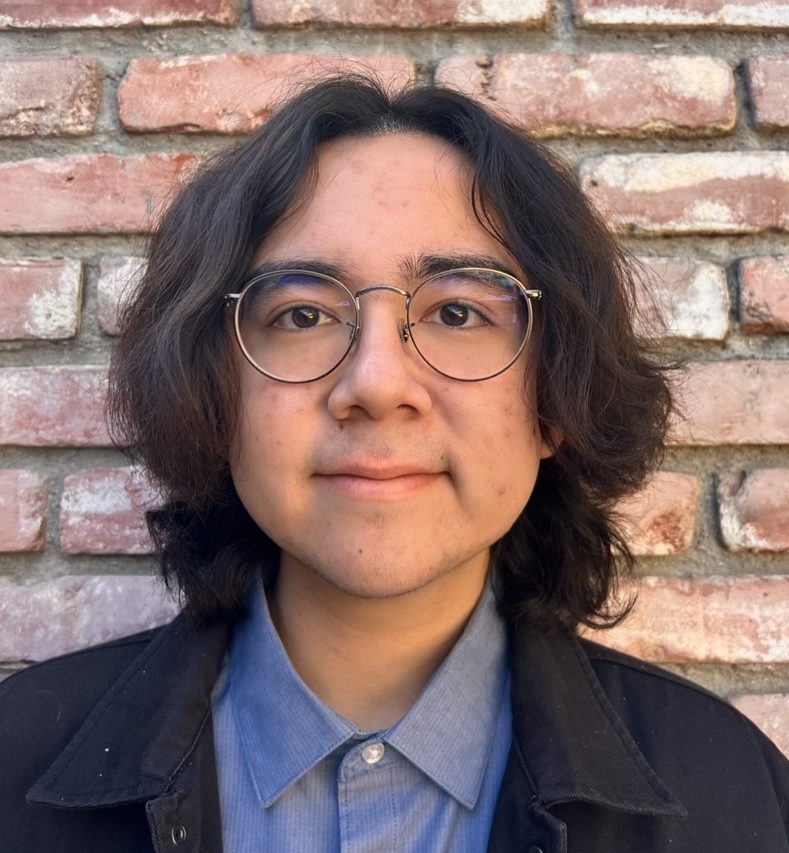
Bradley Carol
Shared Wounds: Examining Collective Queer Trauma and Its Impacts on Friendships
WIRE Student Fellow: Bradley Carol (’26 Psychology, Anthropology minor, Asian American Studies minor)
Faculty Mentor: Dr. Joshua Liashenko (Sociology)
Bradley Carol’s study uses ethnographic methods to examine the effects of collective trauma on friendship-building among queer individuals. This research will explore how systemic and interpersonal homophobia and transphobia contribute to collective trauma and how this trauma influences the formation of platonic relationships. The project aims to highlight the potential for trauma to be a source of community formation and social bond reinforcement.
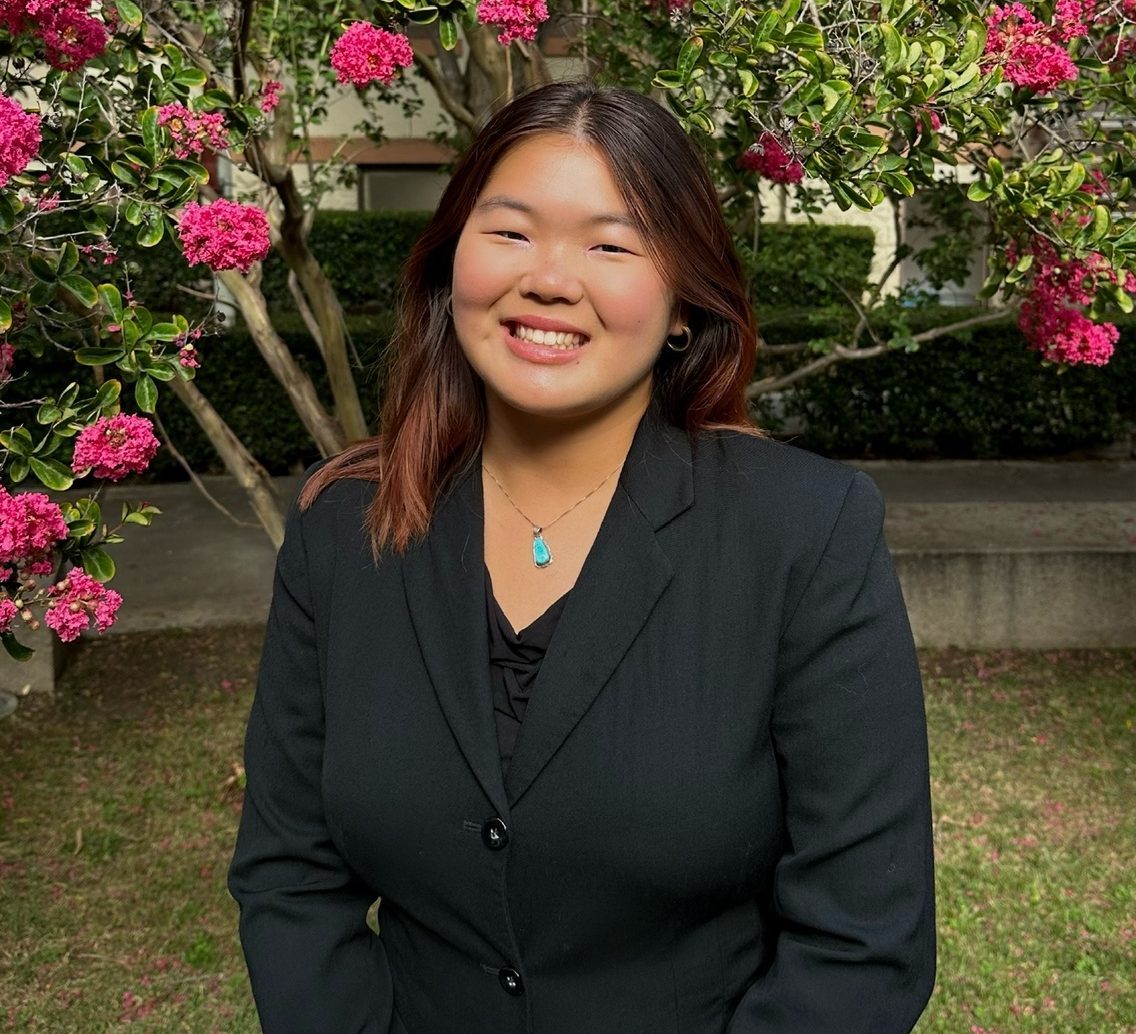
Elizabeth Hao
The Influence of Social Media on Asian Culture and Beauty Care
WIRE Student Fellow: Elizabeth Hao (’26 Business Administration, Creative & Cultural Industries minor, Computer Science minor)
Faculty Mentor: Dr. Stephanie Takaragawa (Sociology)
Elizabeth Hao’s project investigates the global phenomenon of Asian beauty care through social media platforms like Instagram and TikTok. This research will analyze how Asian beauty care is marketed and how it impacts race and gender perceptions. By studying consumer trends and market data, Hao aims to understand the role of social media in promoting Asian beauty care and its influence on global beauty standards.
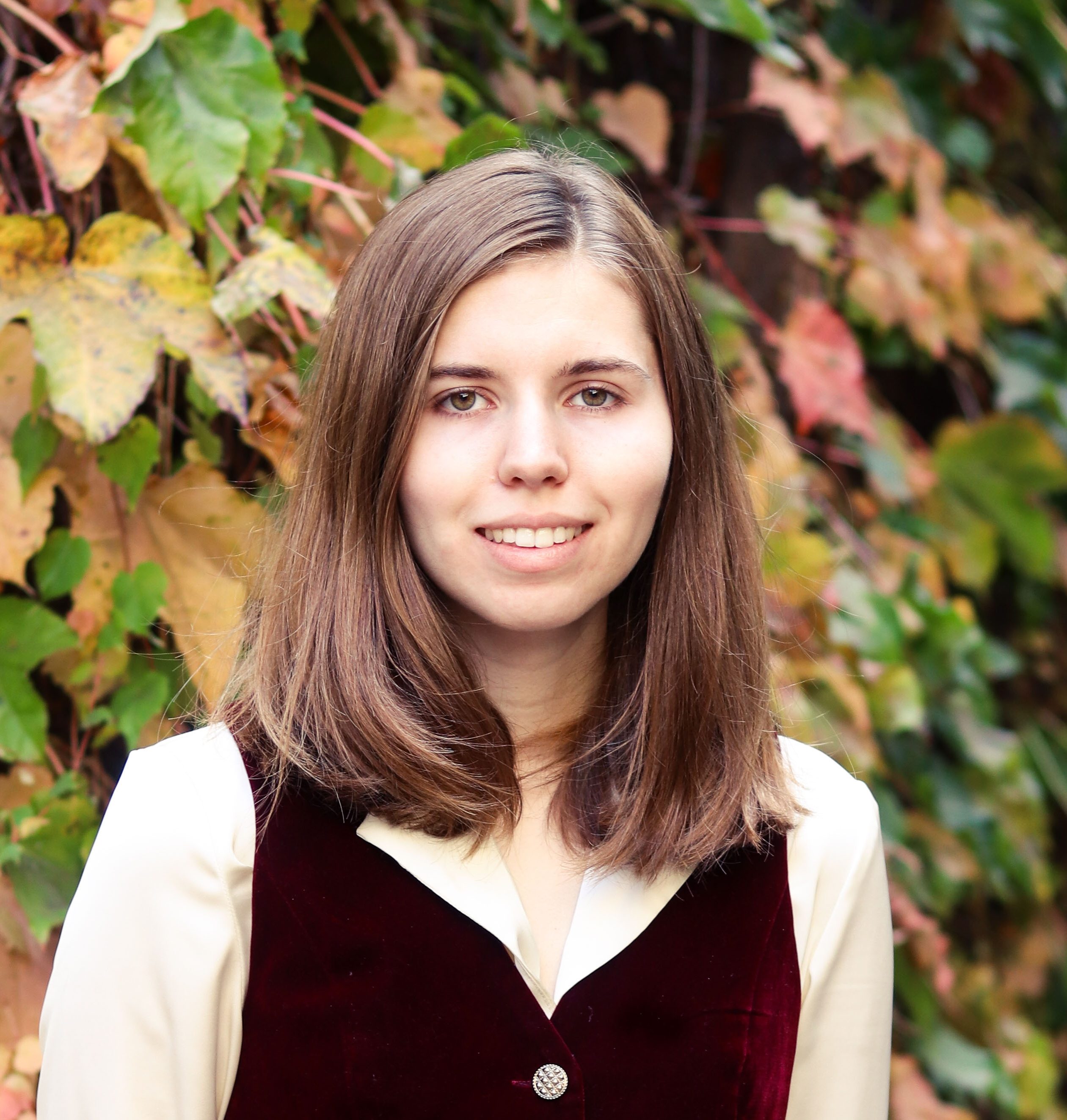
Sophia MacArthur
Illusions of Past & Present
WIRE Student Fellow: Sophia MacArthur (’25 Art, Graphic Design minor, Production Design for Film minor)
Faculty Mentor: Professor Dave Kiddie (Art)
Sophia MacArthur’s project focuses on creating an immersive piece of installation art that incorporates classical illusion techniques from both the past and present. Inspired by dark rides and tourist traps, Sophia aims to build an interactive walk-through experience that explores themes of perception, illusionment, and disillusionment. This project will culminate in Sophia’s senior show, showcasing skills in studio art, production design, and graphic design.
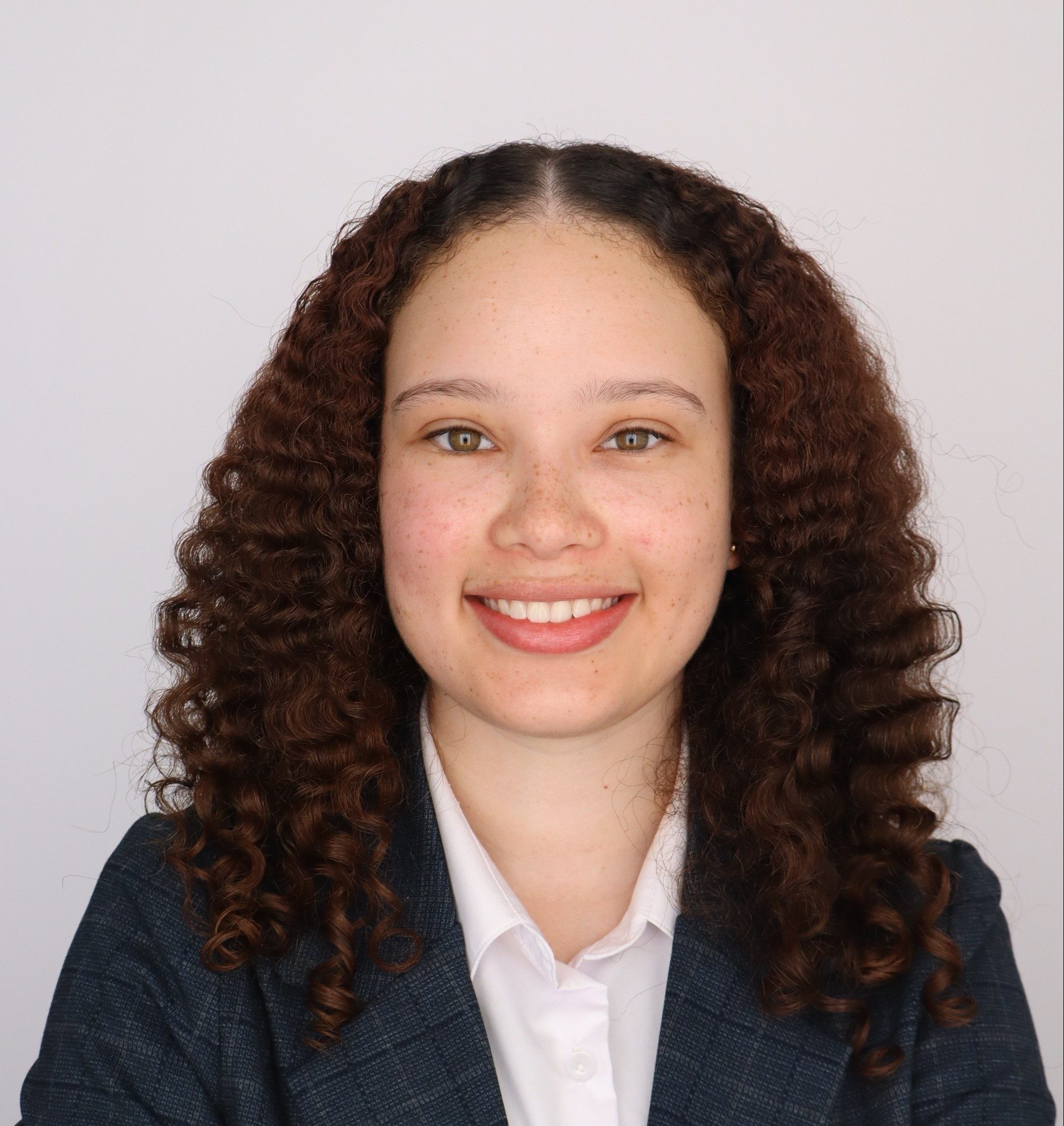
Emily McEachin
Analyzing and Applying Shared Elements of Climate Fiction
WIRE Student Fellow: Emily McEachin (’25 English, Environmental Studies minor)
Faculty Mentor: Dr. Richelle Tanner (Environmental Science and Policy)
Emily McEachin’s research delves into the literary genre of climate fiction, or “cli-fi,” which addresses the impact of climate change on humans and the natural world. By analyzing emotional themes in climate fiction short stories, Emily aims to understand how these narratives influence public perceptions and inspire action against climate change. Emily’s project will result in a new climate fiction short story that incorporates the identified emotional themes.
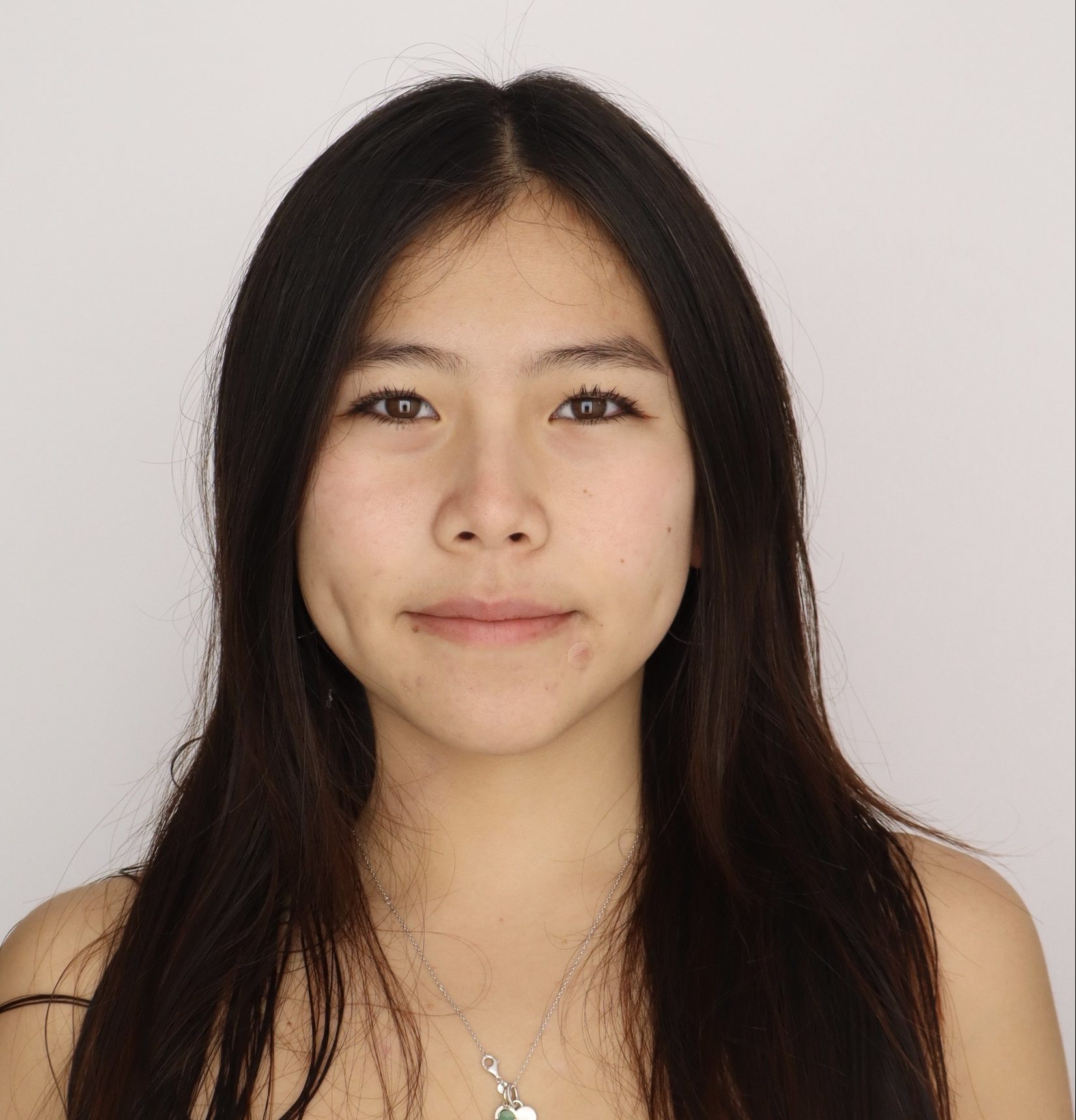
Kym Nguyen
Methods of Medicine Through Art
WIRE Student Fellow: Kym Nguyen (’28 Art History)
Faculty Mentor: Dr. LL Hodges (History)
Kym Nguyen’s project explores the depiction of illnesses in historical Japanese art and the evolution of medical treatments over time. By analyzing artworks from the Edo period to the 20th century, Kym aims to understand the cultural and historical context of these depictions and how they reflect the advancements in medical knowledge. This research will highlight the connection between art history and medicine, emphasizing the relevance of historical medical practices to modern public health.
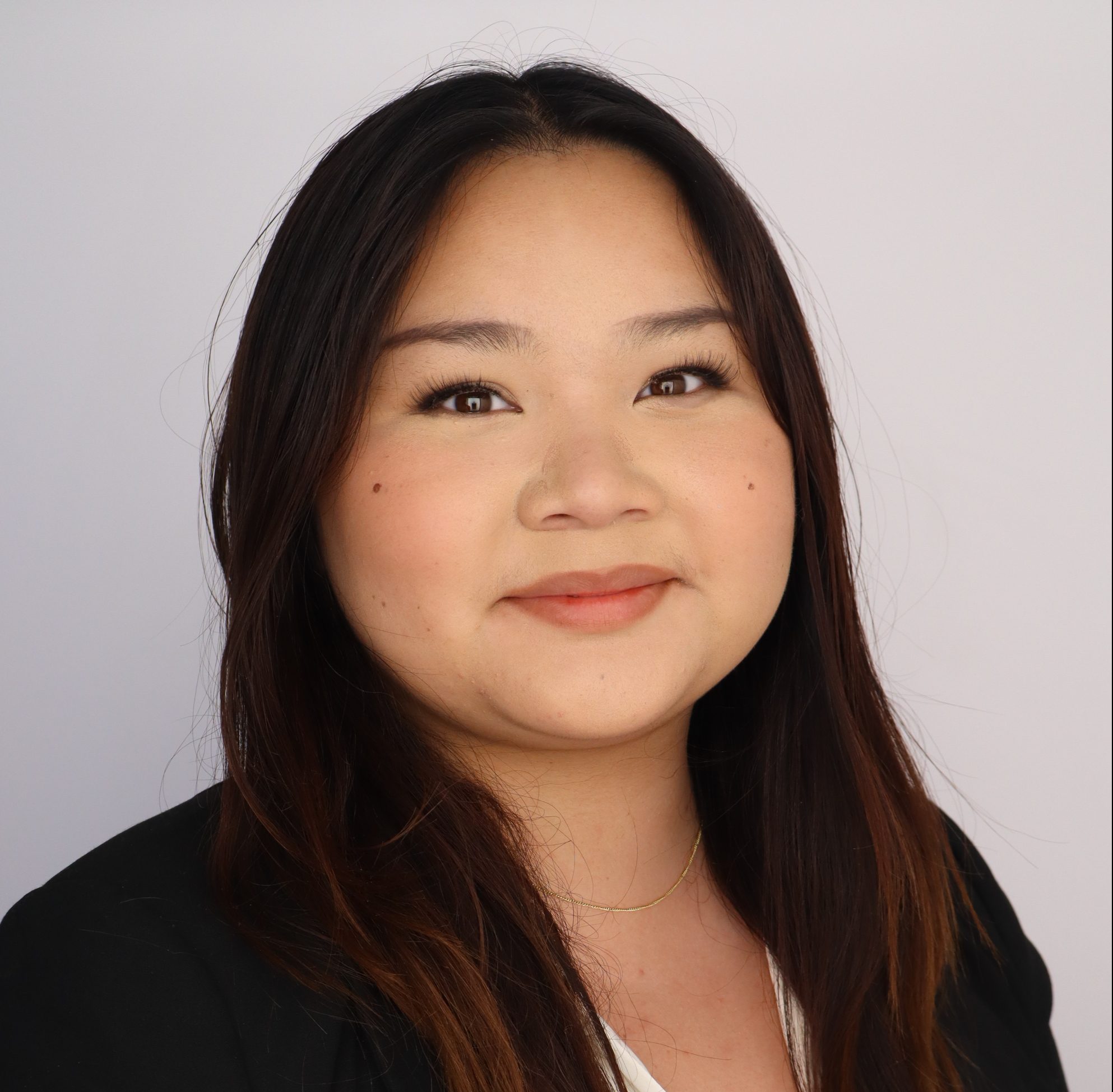
Anya Thaovan Nguyenkhoa
Interwoven Histories of Los Angeles’s Ethnic Communities
WIRE Student Fellow: Anya Thaovan Nguyenkhoa (’25 History, Health Humanities minor, Law and the Liberal Arts minor)
Faculty Mentor: Dr. Vivian Yan-Gonzalez (Asian American Studies)
Anya Thaovan Nguyenkhoa’s project examines the historical interactions and intersections between Los Angeles’s Hispanic, Asian, and African American communities. By focusing on the wartime experiences of these groups during and after World War II, Anya aims to illustrate the complex and dynamic nature of Los Angeles’s cultural identity. This research will contribute to the understanding of America’s multiracial history and the construction of race, ethnicity, and national boundaries.
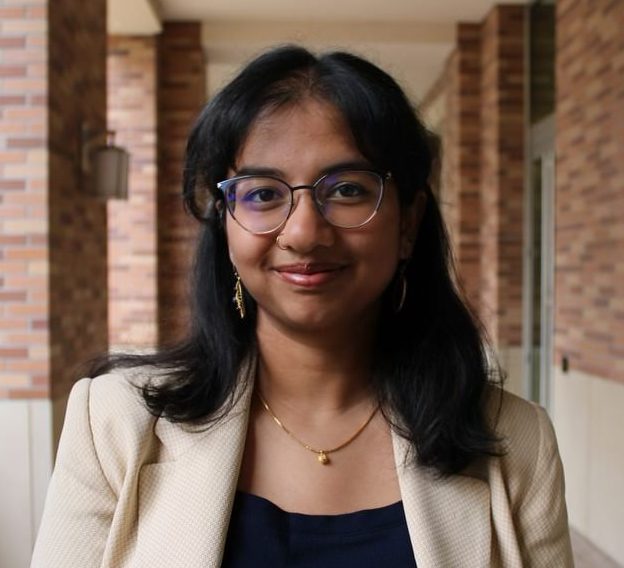
Amala Rajagopal
The Daughters of the American Revolution and U.S. Nationalism during World War I
WIRE Student Fellow: Amala Rajagopal (’25 History, Philosophy, Women’s & Gender Studies minor)
Faculty Mentor: Dr. Jennifer Keene (History)
Amala Rajagopal’s research explores the role of the Daughters of the American Revolution (DAR) in promoting American patriotism and nationalism during World War I. By examining primary sources such as annual reports and newspaper archives, Amala aims to understand how the DAR’s activities and rhetoric contributed to the creation of a distinct war culture. This project will provide historical context to the rise of U.S. nationalism and the use of patriotism to develop national ideology.
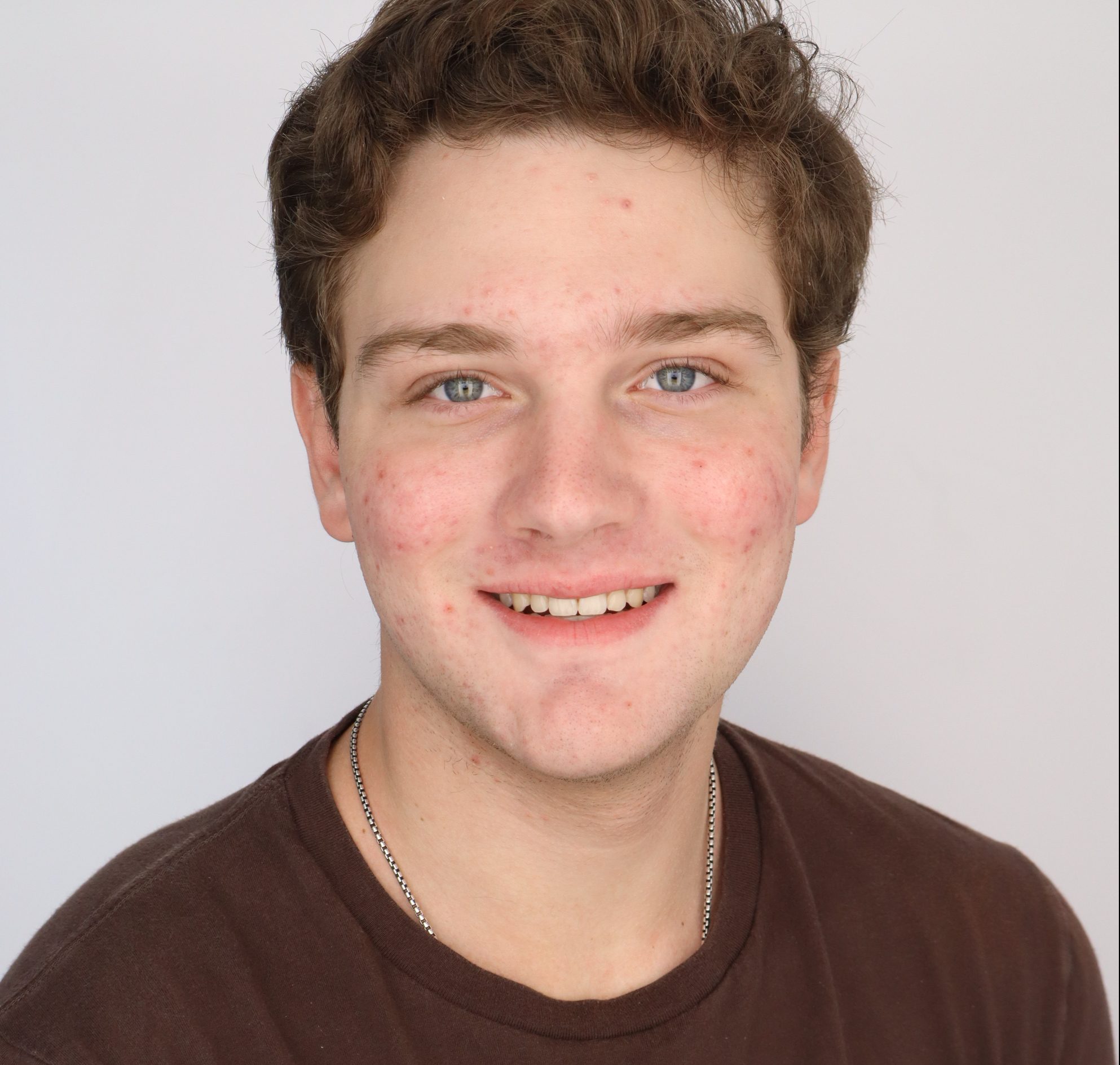
Harrison Unterberger
National Negro Health Week and Civil Rights
WIRE Student Fellow: Harrison Unterberger (’27 Biochemistry Molecular Bio, History minor)
Faculty Mentor: Dr. Charissa Threat (History)
Harrison Unterberger’s project investigates the National Negro Health Week (NNHW) campaign from its formation in 1915 through its transformation in 1951 to the National Public Health Week. This research aims to analyze the initial formation of the campaign and its evolution over thirty-five years to understand how the programs promoted by NNHW significantly contributed to and improved African American lives and public health within the context of the pre-1950s modern Civil Rights Movement. The project will provide insight into the most pressing public health conditions facing African Americans during the era of Jim Crow, the strategies employed by African Americans and their allies to combat these conditions, and some of their lasting legacies.
These projects attest to the vibrancy of the arts, humanities, and social sciences at Chapman University, and epitomize our faculty’s dedication to personalized learning. We look forward to learning together this interterm!
